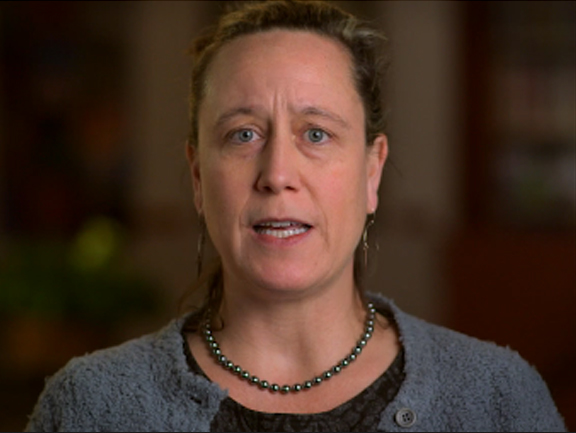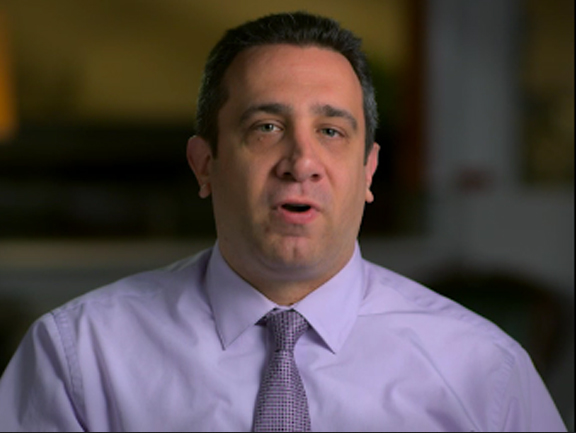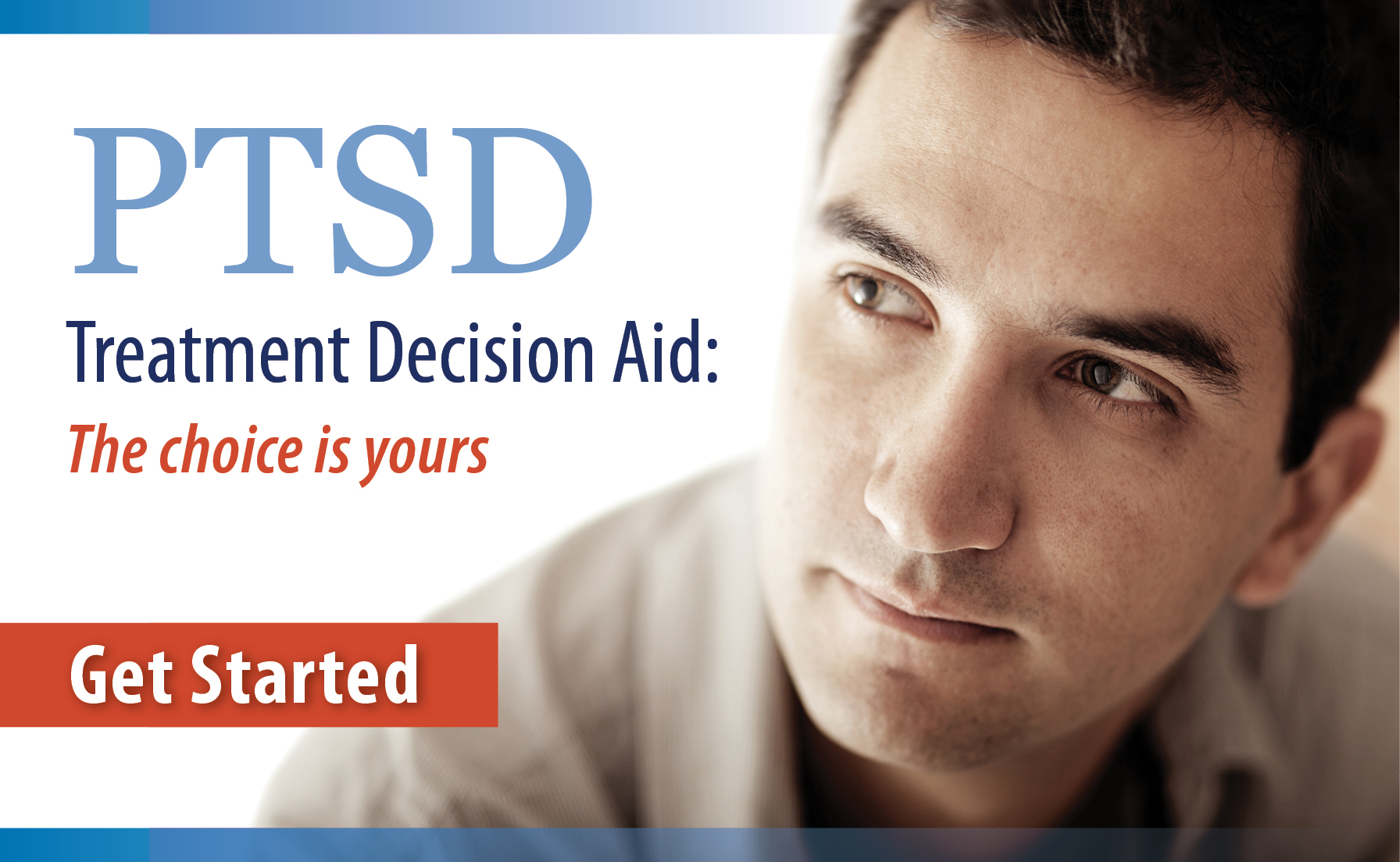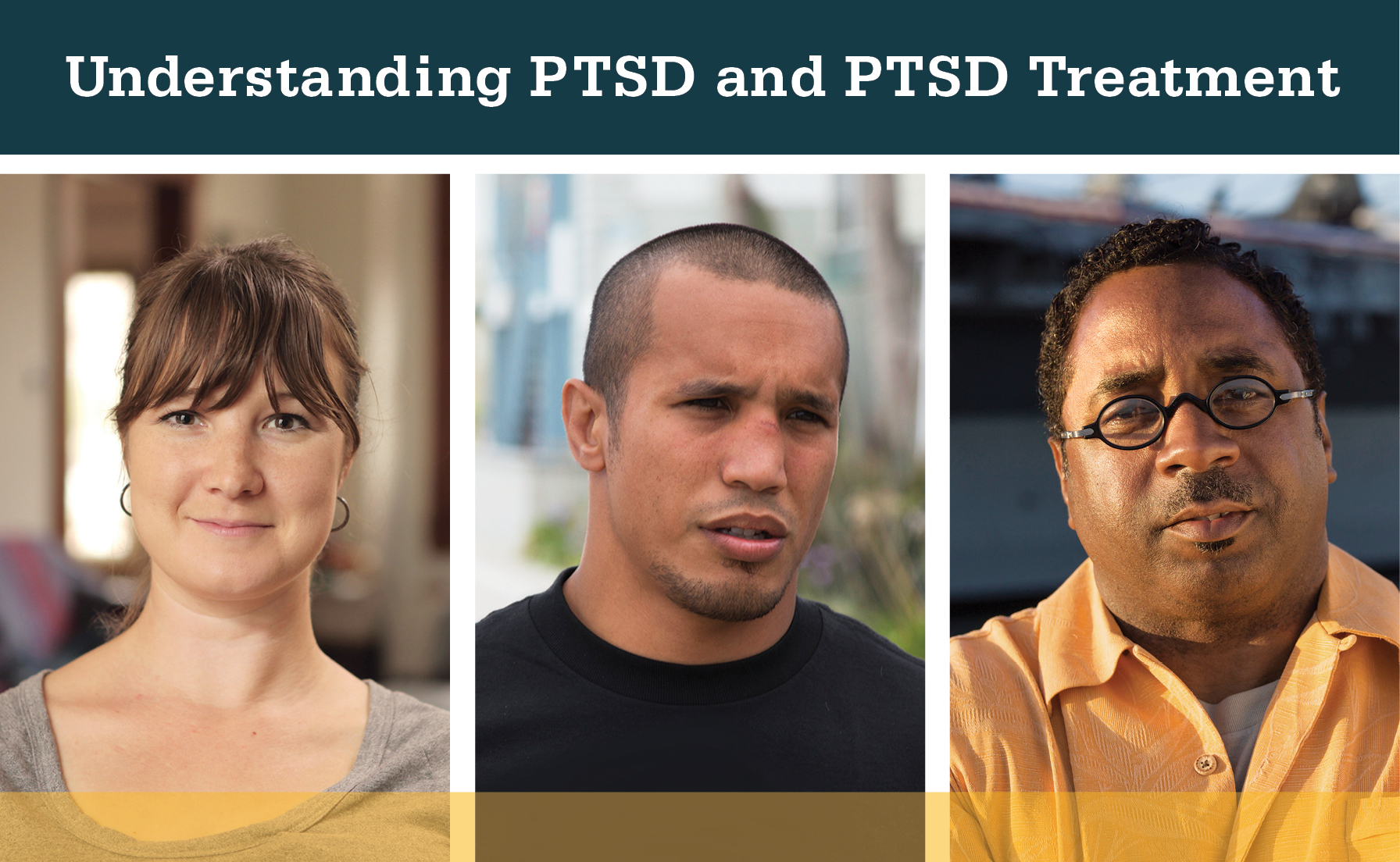Benzodiazepines and PTSD
Benzodiazepines and PTSD
Available en Español
Certain medications may be used to treat PTSD symptoms. Some PTSD symptoms are related to sleep problems or anxiety. A doctor may give you benzodiazepines—or "benzos"—for sleep or anxiety symptoms. Benzos are not recommended for PTSD. Learn about the long-term side effects of benzos and better treatment options.
Reading time: minutes
What Are Benzodiazepines?
Benzodiazepines—also known as "benzos"—are a group of anti-anxiety medications that make people feel calm, relaxed, or sleepy. They are recommended for short-term treatment of severe anxiety, panic, or insomnia. They are also used to treat or prevent seizures.
Some commonly used benzodiazepines are: alprazolam (Xanax®), clonazepam (Klonopin®), diazepam (Valium®), lorazepam (Ativan®) and temazepam (Restoril®).
Video
Benzodiazepines Side Effects
Dr. Laura Gibson describes how benzodiazepines get in the way of PTSD treatment.
What Problems Arise from Long-Term Use of Benzodiazepines for PTSD?
Benzodiazepines provide short-term relief from distressing feelings but can become a problem in the long run. You can become dependent on the medication and end up feeling like you cannot face stressful situations without it.
If you use benzodiazepines to escape reminders of your trauma, you never truly learn to manage your stress. This makes it harder to recover from PTSD. Effective treatments for PTSD, like talk therapy, help you stop avoiding distressing situations and memories. And, the most effective talk therapies for PTSD, trauma-focused psychotherapies, focus on the memory of the traumatic event or its meaning.
If you take benzodiazepines for a long period of time you can become physically dependent. This means you would go into "withdrawal" without the medication. In withdrawal, cravings can be constant and intense. At this point it is hard to stop taking the medication. Efforts to obtain the medication to stop the withdrawal symptoms can get in the way of other things like work and family. It can also be dangerous if done suddenly, without the help of a health care provider.
Video
Benzodiazepines Withdrawal
Dr. Ed MacPhee talks about the need, over time, to take more benzodiazepines (tolerance) and the risk of stopping them suddenly (withdrawal).
There are other problems with benzodiazepine use that you should know about:
- Accidental overdose. Taking benzodiazepines and alcohol, street drugs, strong pain medication (opioids) or other sedatives at the same time can be fatal.
- Mood problems. Benzodiazepine use can create problems with depression, irritability and anger.
- Trouble with thinking and memory. Benzodiazepines can lead to poor attention, confusion and fogginess. Use of benzodiazepines is linked to dementia and Alzheimer's disease.
- Slow reaction time. People taking benzodiazepines have more car accidents and falls, which can result in fractures and other injuries.
- Breathing problems. Benzodiazepines make chronic obstructive pulmonary disease (COPD) and sleep apnea worse.
- Pregnancy risks. Women who are pregnant or planning to become pregnant should be aware of possible risks of benzodiazepine use on their newborn. These children may be born early, have a low birth weight or experience symptoms of withdrawal.
Video
A Veteran Discusses Benzodiazepines Side Effects
Veteran Leah Parady describes the side effects she felt when she was dependent on the benzodiazepine Klonopin®.
How Do You Decrease Benzodiazepine Use?
You should not stop benzodiazepines suddenly. It's safer to decrease the amount taken slowly, called tapering. The taper usually takes 4 to 6 months but can take longer in people who have been taking benzodiazepines for a long time. When you are ready to start tapering, talk to your provider.
Video
Decreasing Benzodiazepines Use
Veteran Leah Parady offers her advice to people who want to get off benzodiazepines.
Tapering slowly helps reduce uncomfortable withdrawal symptoms. There are also some medications that can help with the discomfort. Coping skills such as deep breathing, relaxation, mindfulness or exercise can reduce symptoms. Getting help from family and friends or joining a support group can also help.
Video
Family and Friend Support
Dr. Ed MacPhee talks about how important the therapeutic relationship is to successful tapering.
What Are Better Options for Treating PTSD?
There are many effective treatment options. Trauma-focused therapy and some antidepressants work best. Talk with your provider about which options are best for you.
Video
Avoiding Benzodiazepines
Veteran Leah Parady talks about the things she does to stay off benzodiazepines.
Video
Benzodiazepines Alternatives
Dr. Ed MacPhee describes two important alternatives to benzodiazepines.
What Is Life Like After Reducing Benzodiazepines?
Research shows that many people who slowly stop benzodiazepines can stay off them and feel better. You may notice more alertness, better coordination and improved memory and mood. Once off of benzodiazepines, you can get a treatment for PTSD that has better, more lasting benefits.
Printable Booklet
Benzodiazepines and PTSD: Do you know about this risky combination?
Download this PDF booklet to test your knowledge about the benzodiazepine you are taking. You can bring this booklet to your next appointment to help you and your provider decide if the risks of this medicine outweigh the benefits.
Additional Resources
You May Also Be Interested In






























